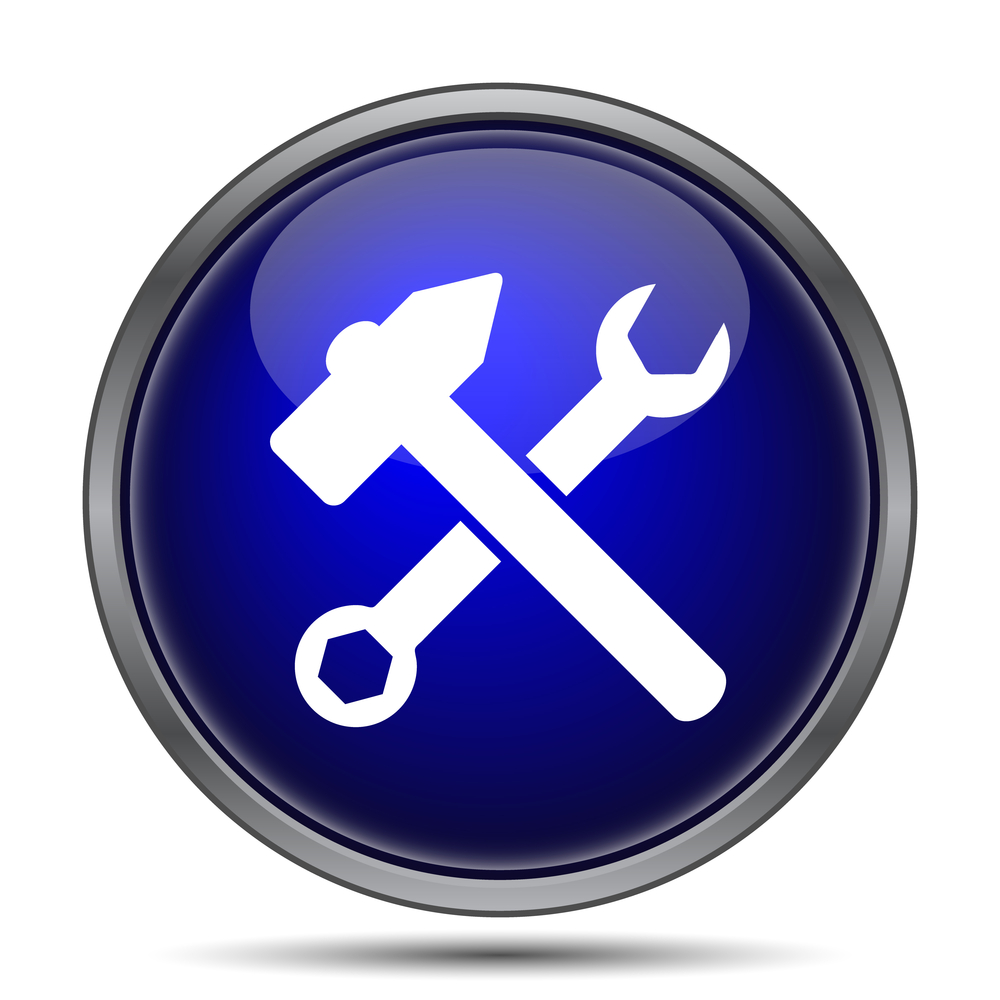Taking your vehicle to a mechanic is going to set you back big bucks. The average per hour charge is $25, and the bill grows steadily from this point on. If you are mechanically inclined, DIY can keep some major coin in your pocket.
Plenty of common problems are fixable by you. You simply need to know how. Thankfully, the diesel engine is not quite as complicated as you may think.
With some basic knowledge of how diesel engines work, home repairs can be done frequently. Eventually, you may need a “real” mechanic (unless you really are one), but we can help you avoid this as long as possible by following our DIY mechanics guide for diesel lovers.
The Parts Conundrum
This can’t get much easier – there are only two types of parts, OEM, and aftermarket. The only difference is that one refers to new parts while the other is used for replacements.
OEM, or Original Equipment Manufacturer parts, is the name given to parts which are assembled and installed during new vehicle construction. For example, on the manufacturing line at GM, OEM parts are installed.
Aftermarket parts refer to parts assembled by a company other than the OEM. We will use Ford for our example. If they installed OEM Autolite spark plugs on the line, replacing those with the Champion brand would be an aftermarket part.
This distinction is important to you for one reason – choosing to rebuild an older engine or replacing small parts on the newer models.
Gas vs. Diesel Engines
Today’s diesel engines have gotten rid of the black smoke belching stigma of yesteryears. Nor are they clattering monstrosities. Choosing diesel today gives you plenty of power in a convenient and more environmentally friendly way.
Both gas and diesel engines require combustion to convert their fuel into energy. Gas engines mix air with fuel, compress it with the use of pistons, and use spark plugs to ignite the fuel.
Diesel is slightly different. Air compression is the first step, and then injection of the fuel occurs. Since compressed air heats up, this causes fuel ignition without the use of spark plugs.
The Basics: Fluids and Oil
Fluids should always be at the maximum allowable levels. Get into the habit of checking these on a regular basis, such as every time you fill up. Examine each individual reservoir and top them up as required.
Do not forget about the oil! Get an accurate reading by wiping off the dipstick before reinserting it and pulling it out again. To protect your investment, never let a fuel change go longer than twelve months or 12,500 miles (whichever comes first)!
Gaskets
Gaskets should be monitored on a regular basis to ensure you have the best overall vehicle performance. To reduce the possibility of combustion mounting leaks, the mounting bolts may be re-torqued regularly.
If you notice any signs of leakage, replace the gaskets right away. They weaken quickly once they start to go and more leaks will become evident.
Cooling System
Diesel engines generate plenty of heat when compared to gas. Overheating is a real danger. Extreme engine damage can occur if the system is lacking in coolant and water.
To avoid these issues, keep an eye on coolant levels and turn your vehicle off rather than let it stand.
Cooling Filters
When you use a coolant filter, two advantages are worth noting. One, surface engine metals receive a protective lining layer. Two, they use a chemical agent for anti-foam technology.
Protecting the surface tension of cooling liquids results in a reduction of unwanted coolant bubbles. These filters need to be changed occasionally because over time there will be a depletion in the levels of the active chemical agent.
Fuel Maintenance
Always keep your diesel vehicle topped up with the proper fuel. Due to the lack of starting devices associated with gas engines, diesels rely on glow plugs to start the engine. It is essential to keep these maintained to avoid a build up of both dirt and condensation in the fuel injectors.
Changing glow plugs: Diesel engines in trucks are notoriously difficult to start in cold weather. Many models come with glow plugs to make cold weather starts easier. The good news is that they are no harder to change than a spark plug.
Once you have made the glow plugs accessible, disconnect the electrical connector. Next, you need to locate the cylinder head and remove the intake manifold glow plug. Install your new glow plug, reconnect the connector, and reinstall anything you removed to gain access.
Oil Filters
Selection of an oil filter for diesel engines is important. To ensure that corrosive particles are removed efficiently from the oil, any filter needs to meet or exceed the manufacturer’s recommended OEM filter.
Additionally, to resist premature breakdown of your oil, choose a synthetic brand.
Maintenance Schedule
The only thing diesels may need more frequently than a gas vehicle is fuel filter and oil changes. You may also find the need to top up your diesel exhaust fluid periodically.
Other than that, the maintenance schedule is the same. Every manufacturer has their recommendations so check your owner’s manual to make sure you do not let anything fall by the wayside.
Approximate Maintenance Intervals
Please note that all times are approximate only. Refer to your owner’s manual for more specific instructions based on mileage.
Every Six Months you should concentrate on your tires. Check them for signs of wear or unusual tread patterns. Check the pressure and rotate them (front to back).
Every Twelve Months perform an oil change and change the oil filter. Inspect the engine’s air cleaner filter. If it is plugged or extremely dirty, replace it at the same time.
You should also inspect the CV joints, exhaust system, and the brake linings. If the brake linings show signs of wear, change them immediately.
Every Eighteen Months check the axle fluid in both the rear and the front. If your vehicle is used heavily, change the axle fluid with every inspection.
Every Twenty-Four Months the CV joints, exhaust system, transfer case fluid, boot seals, tie rod ends, and front suspension must be inspected. Replace any parts or fluid as needed.
You should replace the water separator unit/fuel filter every two years no matter how it appears.
Every Sixty Months change the transfer case fluids, and the transmission filter and fluid.
Final Thoughts
Whichever repair or maintenance upkeep you are planning to perform, it is crucial for you to use the proper equipment.
Using the right tools will make the process much easier for the DIY’er, and help to keep you safe. Safety should be your top priority when working on your own engine.
If you would like to learn more, consider enrolling in a basic diesel mechanics course. Pick up a few advanced skills and the repairs you can do are virtually limitless!







